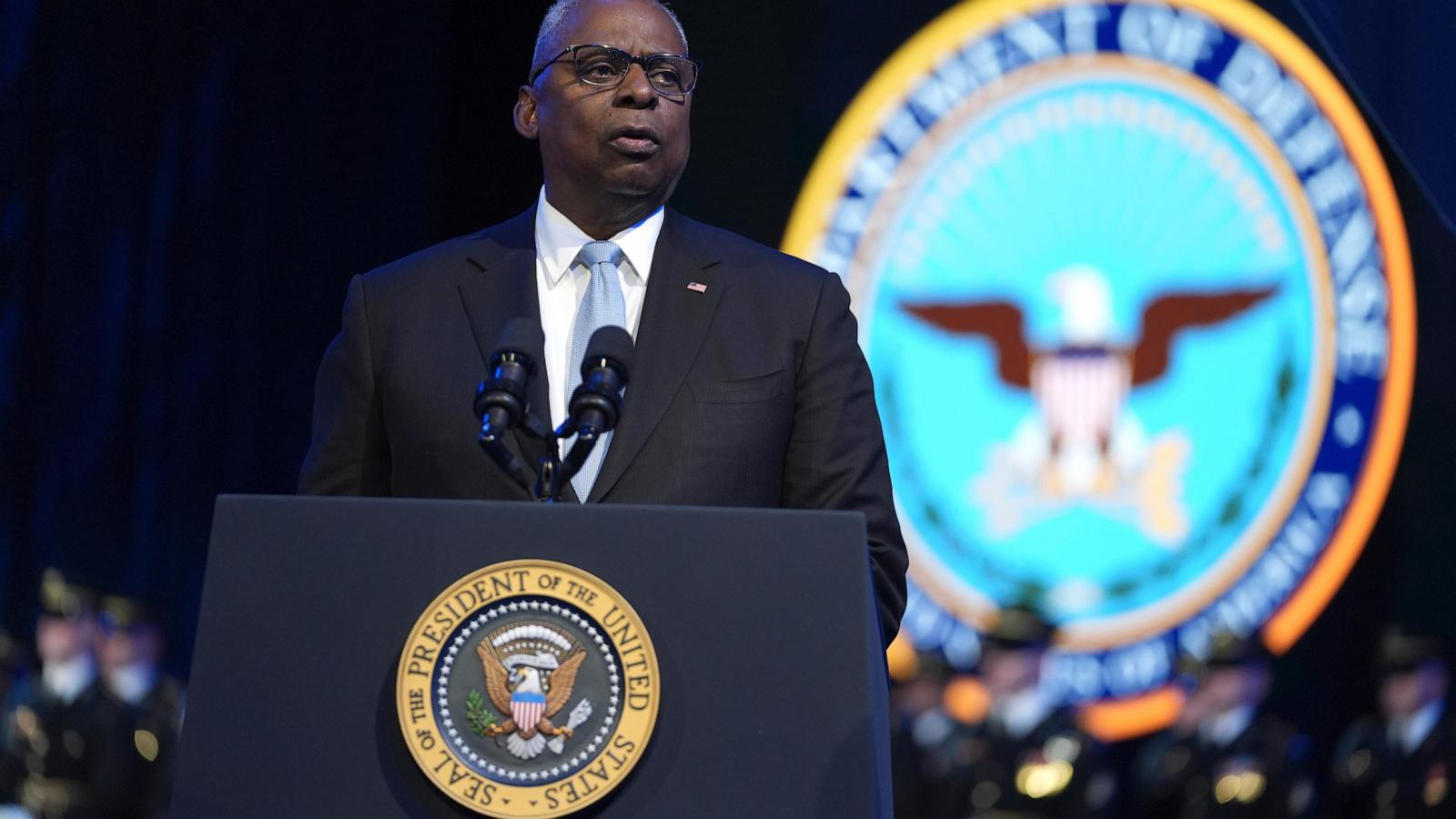Lloyd Austin's Pentagon Farewell: A Legacy Forged in Crisis and Controversy
General Lloyd Austin's four-year tenure as Secretary of Defense has been anything but ordinary. From battling a global pandemic and confronting the chaotic withdrawal from Afghanistan to leading the global response to Russia's invasion of Ukraine and navigating the aftermath of the Hamas attacks on Israel, Austin’s time at the helm of the Pentagon has been defined by an unrelenting series of crises. This article dives deep into his accomplishments, challenges, and the lasting impact of his leadership.
Leading Through Tumultuous Times: Austin's Pentagon Challenges
Austin’s leadership was immediately tested upon assuming office in 2021, inheriting the fallout from the January 6th Capitol riot and a nation grappling with the COVID-19 pandemic. A contentious vaccine mandate for the military highlighted the divisions within the ranks, adding another layer of complexity to the already unprecedented situation. Simultaneously, the Pentagon grappled with addressing concerns of extremism among its personnel, reflecting the broader societal tensions of the era. These initial challenges set the stage for what would become an extraordinary and frequently turbulent period.
The Afghanistan Withdrawal and its Aftermath: A Defining Moment
The shocking collapse of the Afghan government in August 2021 cast a long shadow over Austin's tenure. While the withdrawal was initiated under the previous administration, the chaotic evacuation operation underscored the unpredictable nature of geopolitical events. The harrowing scenes of fleeing Afghans at Kabul airport remain a powerful image associated with Austin's leadership. This debacle was quickly overshadowed by additional challenges.
Navigating the Russian Invasion of Ukraine: A Coalition Response
The full-scale invasion of Ukraine by Russia in February 2022 demanded immediate and decisive action. Austin responded with the creation of the Ukraine Defense Contact Group, a unified coalition of more than 50 nations providing crucial military and financial support to Ukraine. This landmark initiative underscores the importance of multinational collaboration in the face of international aggression, a cornerstone of his legacy.
Responding to the Hamas Attacks on Israel: Maintaining Regional Stability
The October 7, 2023 attacks by Hamas on Israel escalated tensions in an already volatile region. Austin's swift response, including dispatching two aircraft carriers to the region, demonstrated a proactive and robust stance against aggression. His leadership also aimed to prevent a wider war that might encompass many different countries and lead to enormous civilian causalities.
Accomplishments and Controversies: A Balanced Perspective
Austin's tenure was marked by both significant achievements and unavoidable controversies. The unwavering support provided to Ukraine against Russian aggression stands as a testament to his leadership. Similarly, the United States’ role in containing regional conflict in the Middle East during the escalating tensions caused by the Hamas attacks also proved Austin’s deftness in dealing with global affairs. However, the controversy surrounding his delayed disclosure of a cancer diagnosis and hospitalization remains a complex issue that raised questions about transparency in high-level government operations.
A Legacy of Service: Forty-One Years of Dedication
Beyond his four years as Defense Secretary, Austin’s 41 years of distinguished military service offer a broader understanding of his dedication to duty and his nuanced perspectives shaped by combat experience in Iraq and decades of leadership within the U.S. Armed Forces. This extensive experience informed his decision-making during his time as Secretary of Defense and brought significant knowledge and insight into the discussions and debates surrounding the issues covered in this article.
Mishandling of Prostate Cancer Diagnosis: A Matter of Privacy
Austin's personal handling of his prostate cancer diagnosis created a controversy involving transparency and communication protocols in the U.S. government. This raised vital issues relating to effective and timely dissemination of critical information between departments. A report from the Defense Department's inspector general concluded that he failed to inform the White House about his hospitalization and inability to fulfill duties in a timely manner. This incident emphasized the importance of effective processes for disclosing critical medical information.
Take Away Points
General Lloyd Austin's tenure as Defense Secretary has been an eventful period. While marred by controversial aspects such as the handling of his cancer diagnosis, the breadth of global crises during this time significantly altered his achievements. Despite controversies, Austin's four years have been marked by successful leadership during crises that have required global collaboration to counteract aggression. His commitment to maintaining a strong military and his proactive approach in global issues will impact defense policies for years to come. His legacy remains a complex narrative, a mix of significant achievements in the face of daunting global challenges, and areas where his decisions and actions have faced intense scrutiny. However, his role during global events has had major effects on foreign policy decisions throughout the world.









